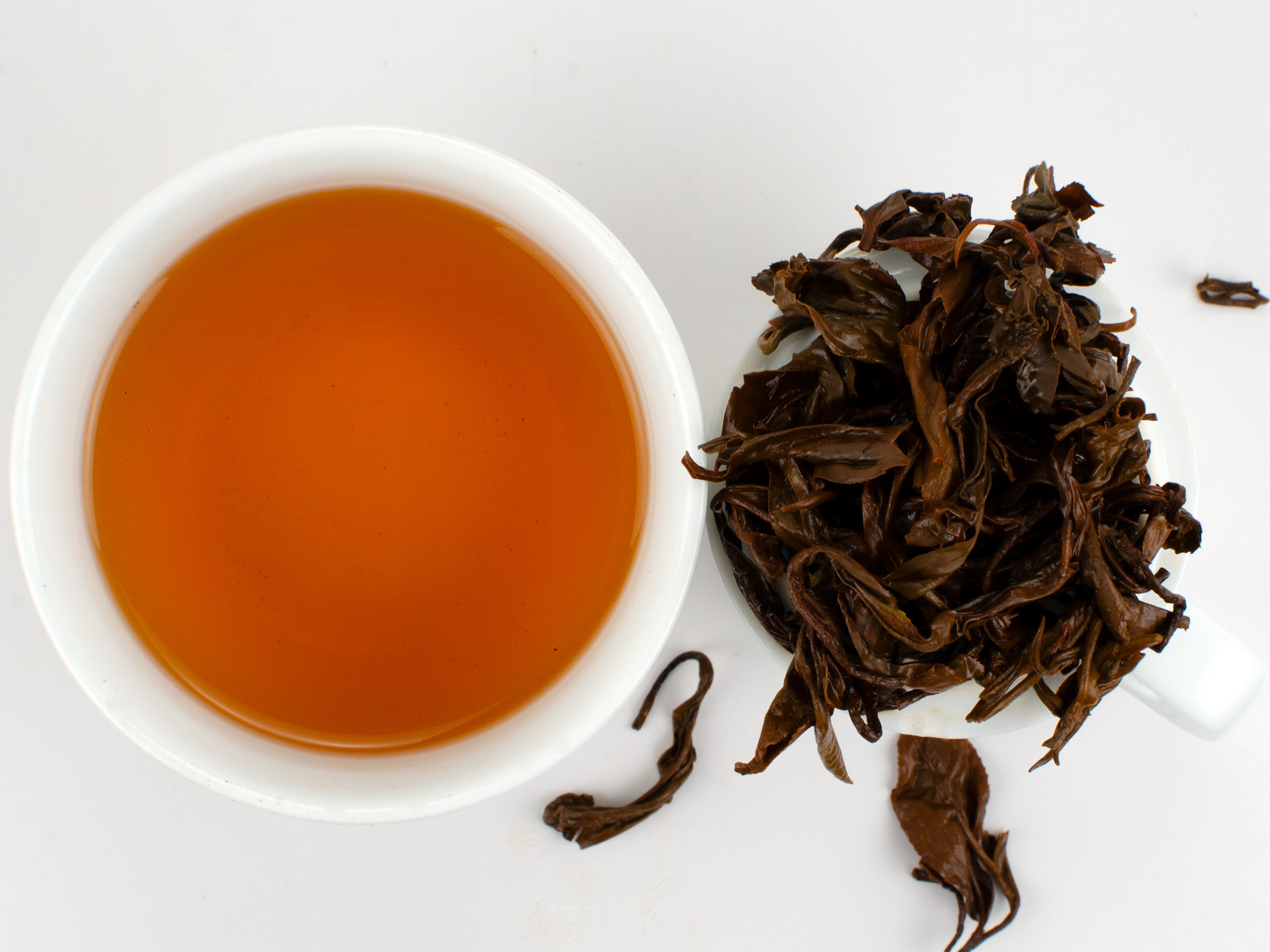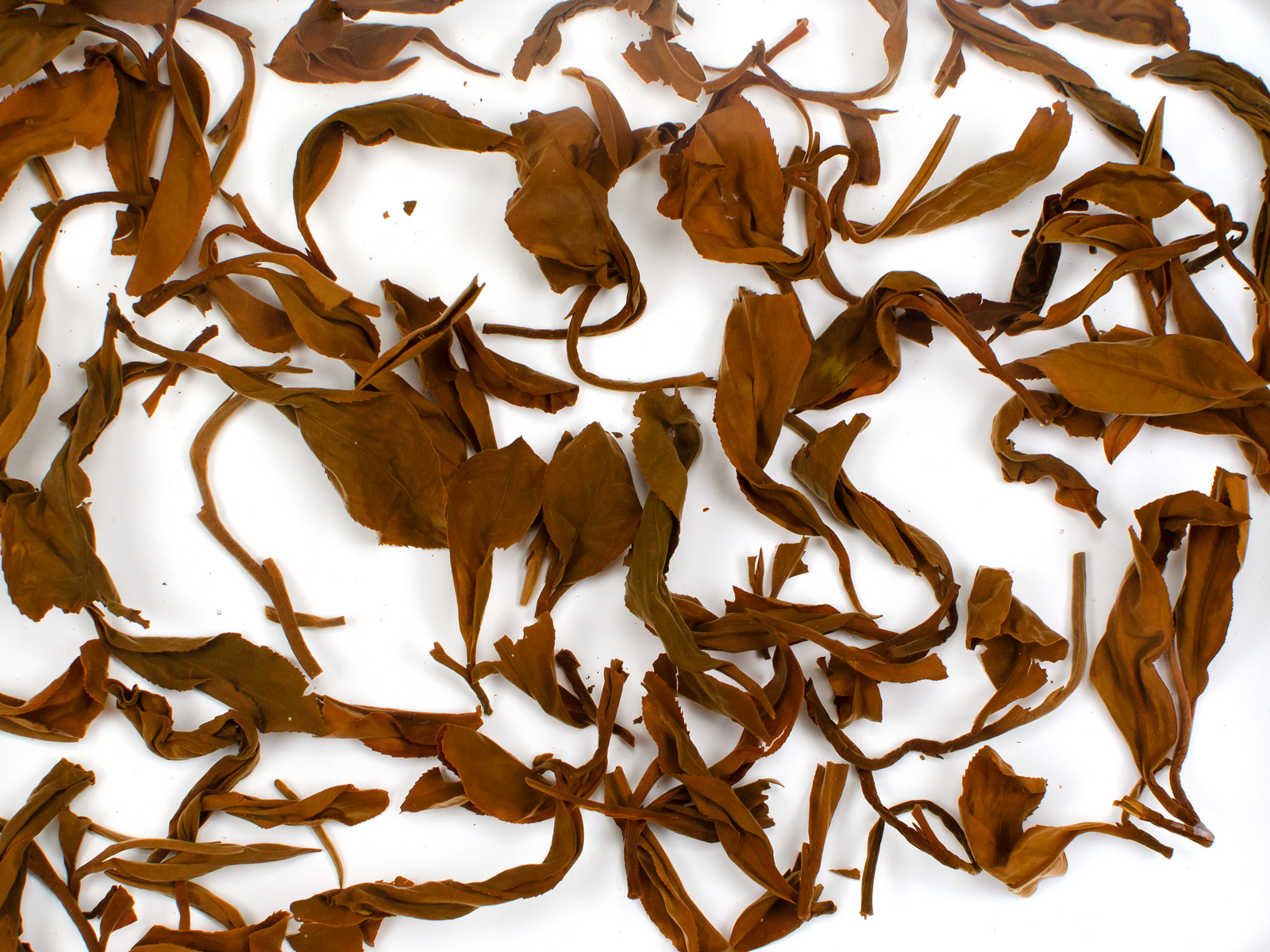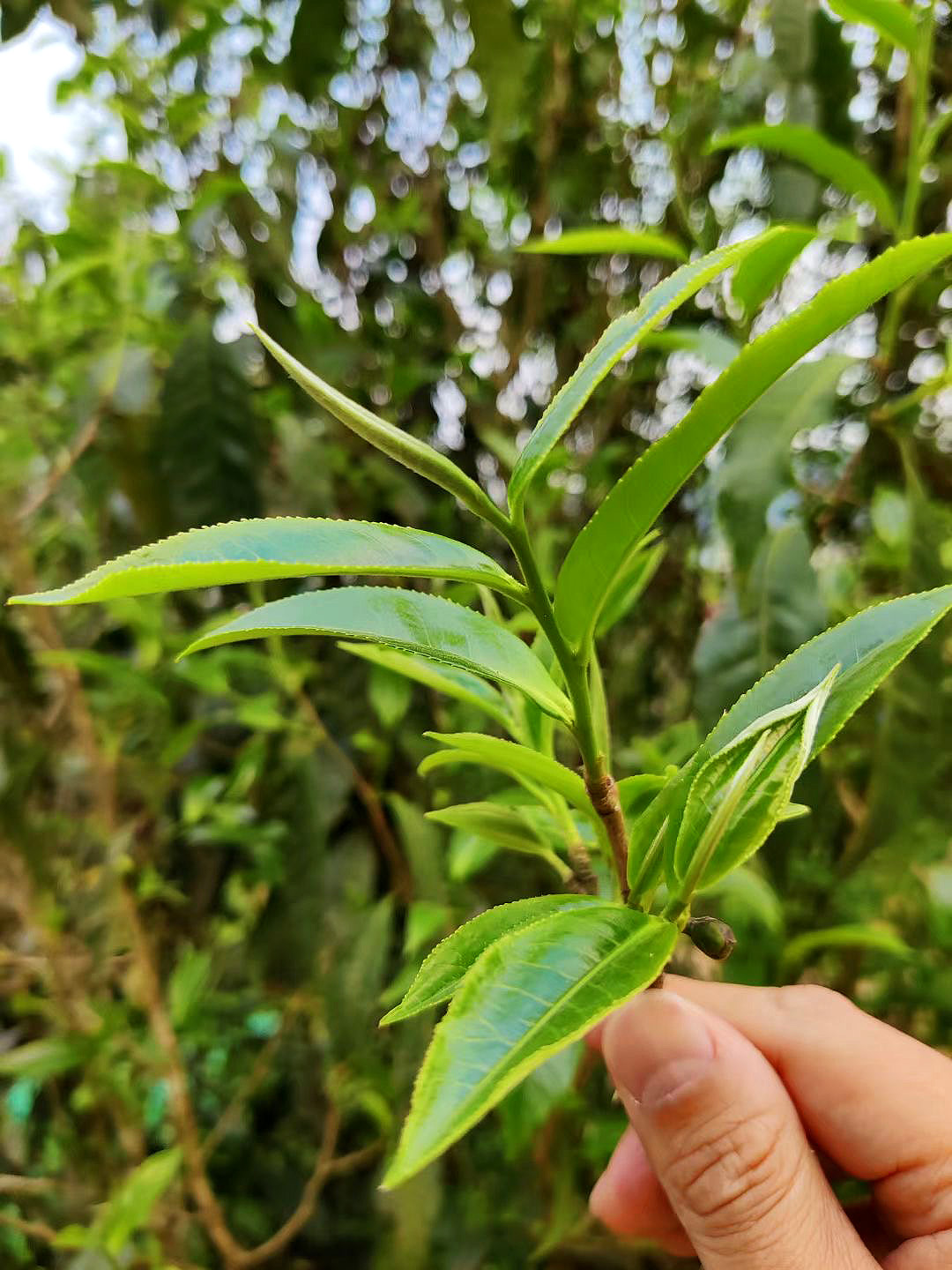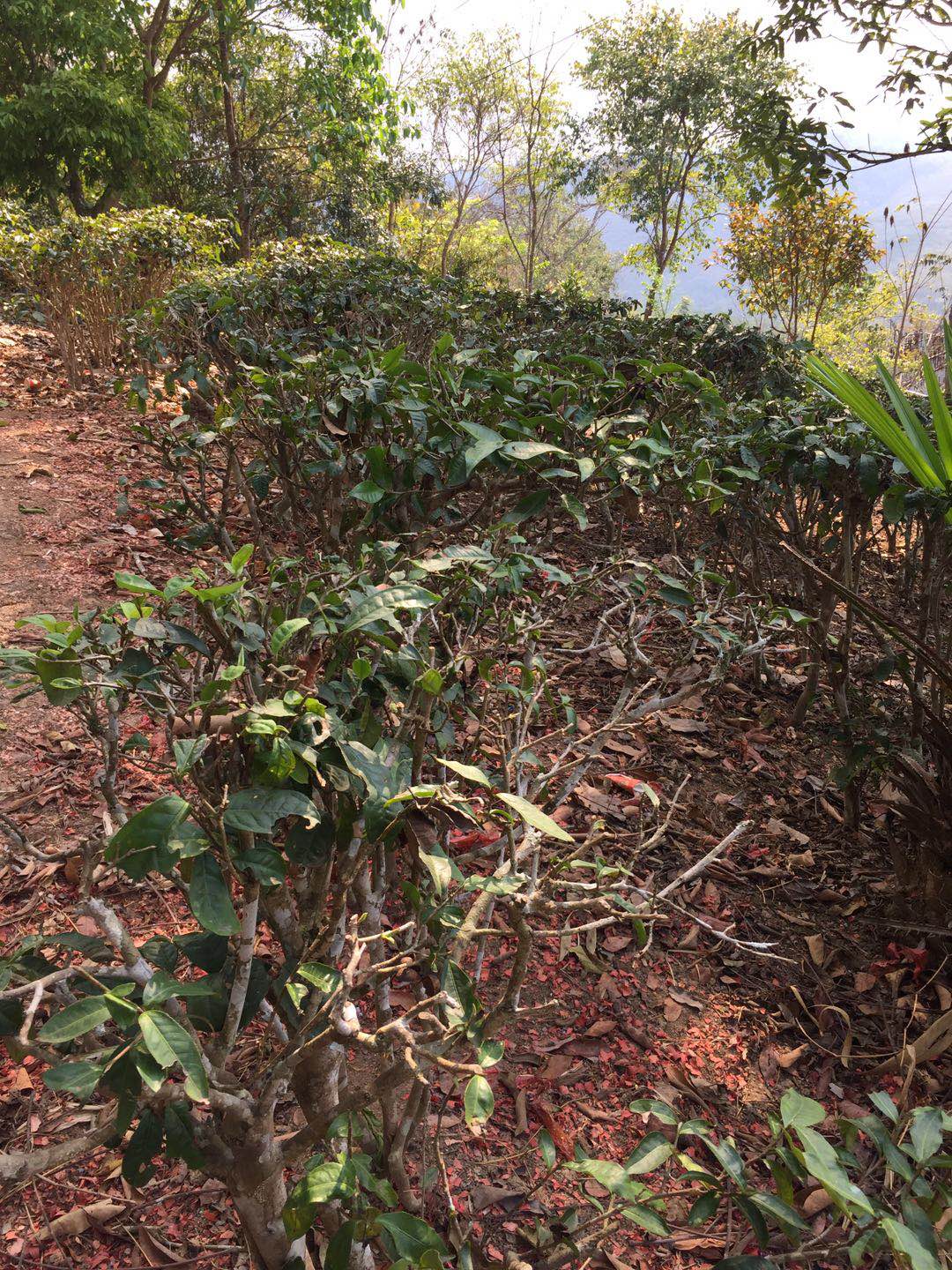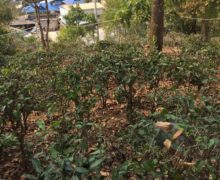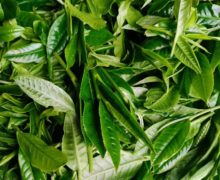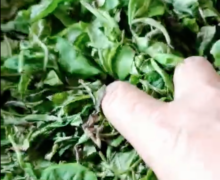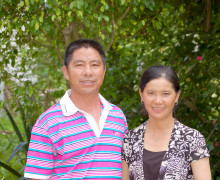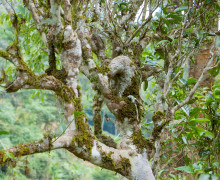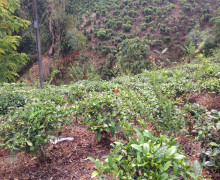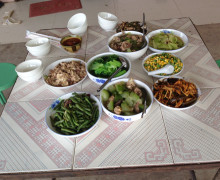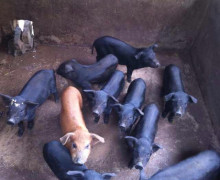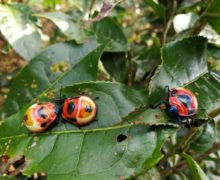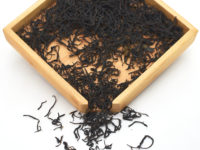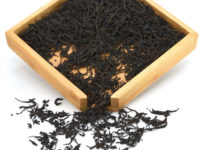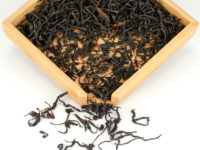Youle Sun-Dried
Black Tea 2022
A sun-dried black tea that sits in the rare intersection of sheng puer and English Breakfast. Possesses classic black-tea aromatics and briskness with traces of fruity sheng puer character.
- 2023 $15.75
- Tea Origin
- Youle Mountain, Xishuangbanna City, Yunnan Province, China
- Tea Bush
- Yunnan Dayezhong (Yunnan Large Leaf Heirloom Tea Tree)
- Tea Maker
- Yang Guangqing
- Harvest Time
- Mid-March
- Plucking Standard
- One bud, two leaves
A sun-dried black tea made with early spring leaves from the prized puer origin of Youleshan (Youle Mountain). The result is a Yunnan black tea that satisfies classic black tea expectations — dried rose, honey and black pepper aromatics, with a mouthfeel that’s pleasantly brisk and balanced by sweetness that reveals itself over multiple infusions. Additionally, this black tea’s unusual origin and processing bring in qualities that overlap with gently aged sheng puer, like fleeting notes of tobacco and dried fruit.
Unlike most black teas, Youle Sun-Dried is not dried by a quick oven roasting at high temperature, but rather slowly sun-dried outdoors for hours. This sun-drying method contributes to the tea’s high aroma. This atypical tea is processed only with the natural warmth of Yunnan’s climate and the heat of the sun.
Working with young tea trees
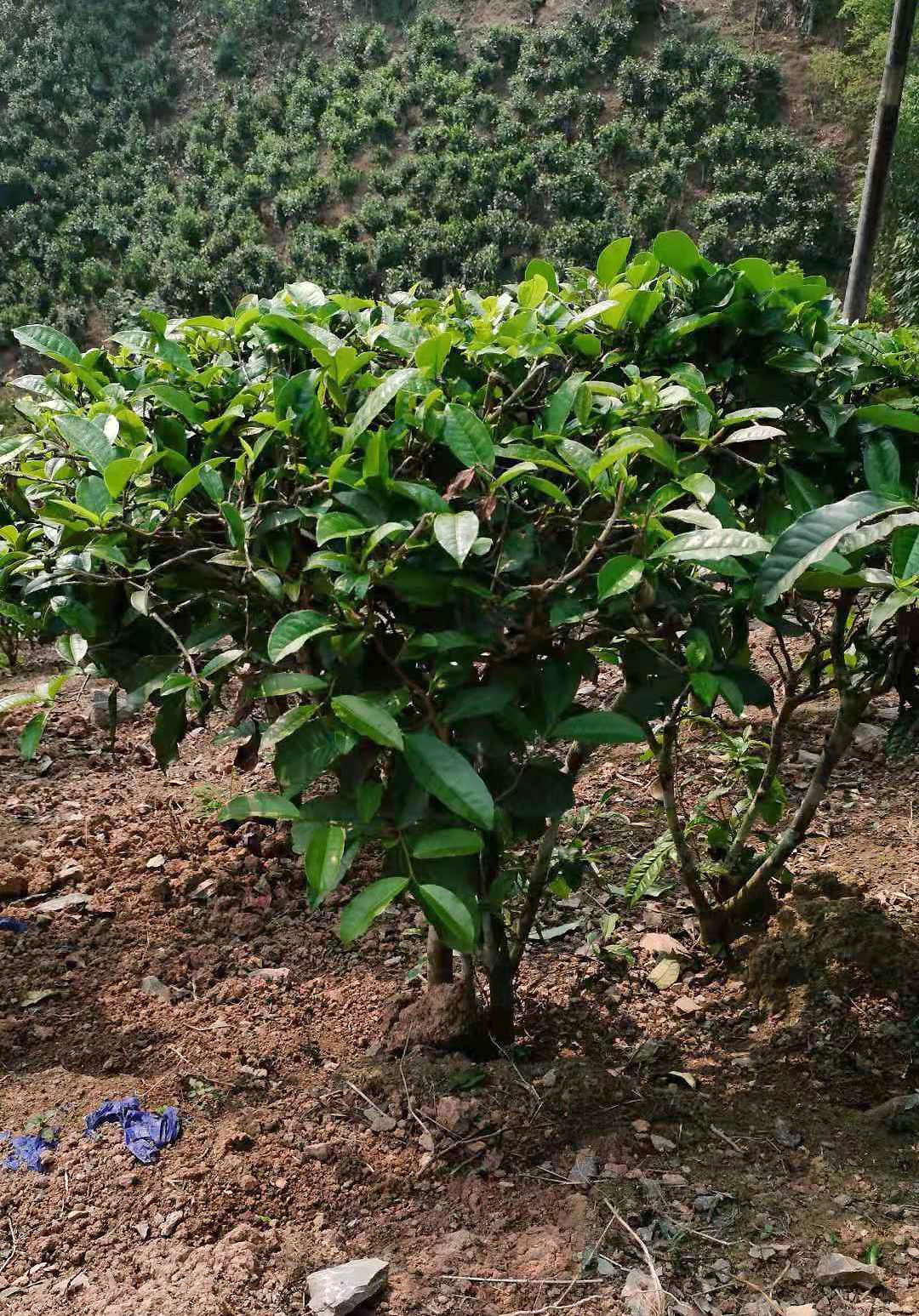
This tea comes from relatively young tea trees grown near the village so that they can be easily pruned, cared for, and harvested. In Yunnan, tea trees younger than about 60 years old are considered xiaoshu (“young trees”), since they can live for hundreds of years. Since tea plants in this area are all the large-leaf Camellia sinensis var. assamica variety, they tend to have a very powerful flavor. Tea picked from younger plants tends to have a sharp bitterness and astringency when made into sheng puer, especially when harvested later in the season.
However, both using early spring leaves and making them into a black tea reduces the bitterness and astringency of this young tree tea. The young spring leaves contain more nutrients and lower levels of the caffeine which causes bitterness. Furthermore, the process of making them into a black tea reduces the bitterness and astringency of their raw character at two different steps in the process: kneading and oxidation.
Black tea production in Youle Village
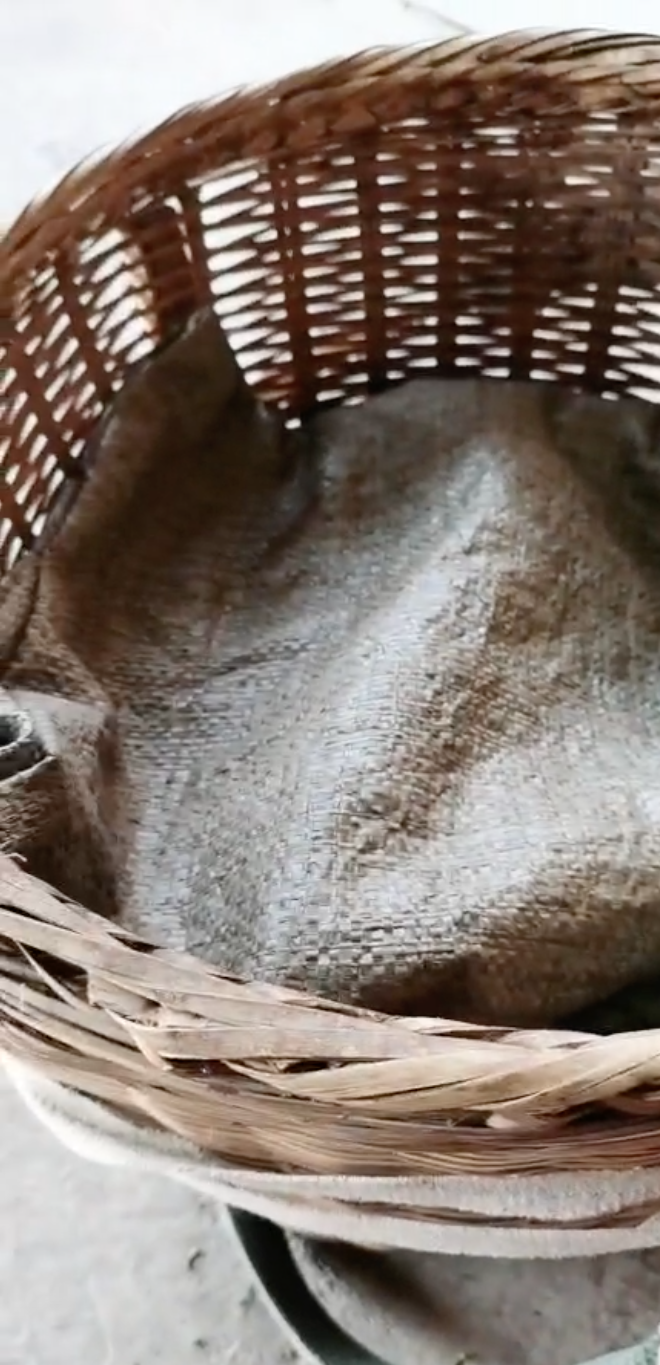
Like with most teas, workers harvest the leaves starting in the morning and then bring them back to the tea factory when they return for lunch. This tea is picked by hand to ensure consistent quality and a plucking standard of one bud and two leaves. The leaves wither all afternoon to soften and begin oxidation. Since Yunnan’s climate is quite hot and sunny, the leaves wither quickly.
Depending on how the withering has progressed, they can begin kneading the leaves starting late that afternoon or night of the same day. This agitation squeezes out some of the juices in the leaf and removes some of the bitterness. Once the tea leaves have been kneaded, it’s piled into bamboo baskets and covered with a tarp to naturally oxidize in the high humidity and heat overnight.
Timing is everything for this tea. It only takes about 20 hours to do all the processing, from plucking until oxidation is finished. Then the tea can be moved to the sun-drying stage. The makers need to time production just right to coincide with sunny weather for this step. The tea is simply sun-dried for about half a day, no roasting required. Since Youle Xiaoshu needs neither frying like a green tea nor oven-drying like other black teas, it can be processed using only the sun’s heat and Yunnan’s naturally warm weather.
Old tea mountain origins
Youleshan (the Youle Mountains) has been one of Yunnan Province’s famed tea origins since antiquity. There are still many old growth tea trees in the Youle area, many over 100 years old. The tea that comes from this region is known for its rich, complex flavor and long finish. Of the six old famous tea mountains in Yunnan, Youleshan is the closest to Xishuangbanna City, a major locus of puer trade. Further south than most, it tends toward a warmer and more humid climate. The forest in this region is very dense and diverse, with rich red soil to grow in. This creates an excellent environment for tea cultivation.
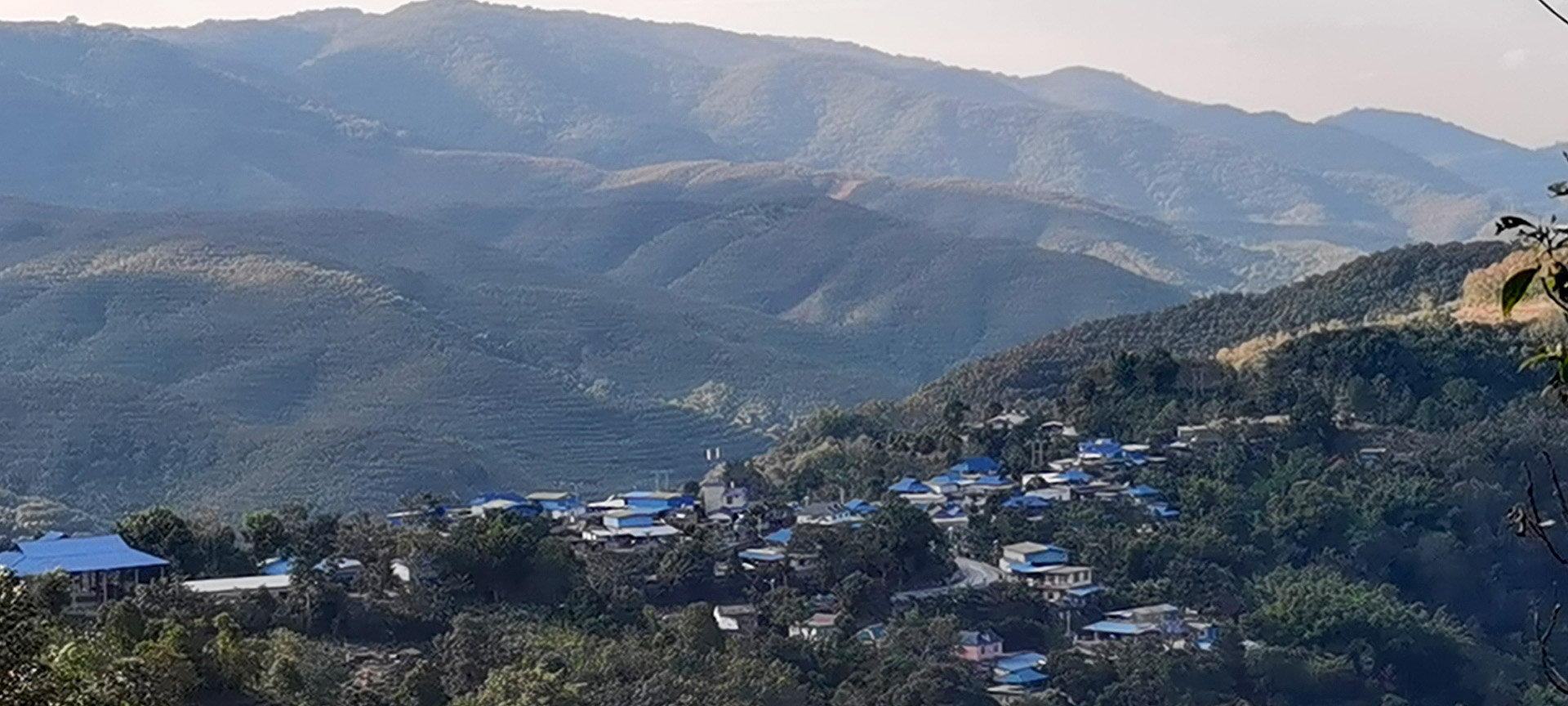
The stories of Youle’s Jinuo People
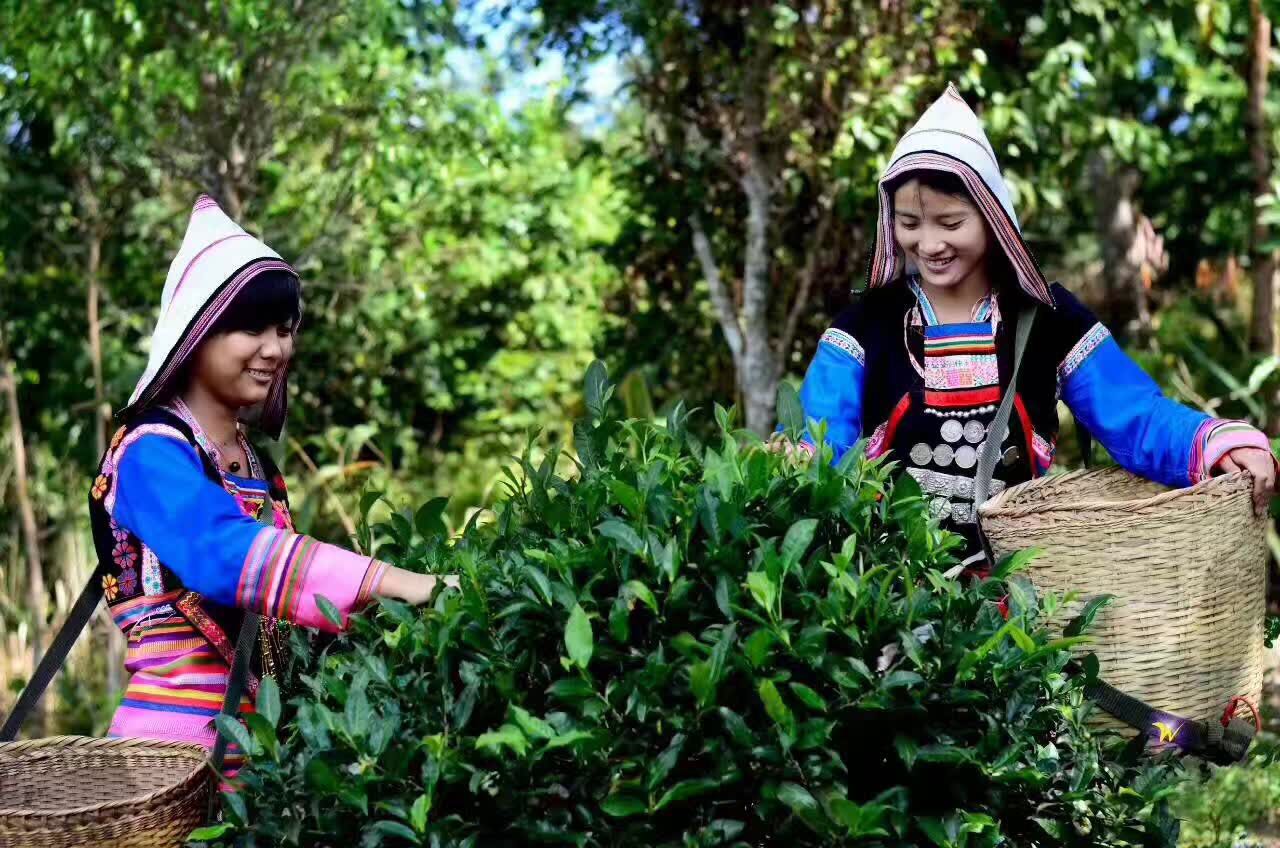
Many of the people growing tea in this area belong to the Jinuo ethnic minority. They are unusual in having an exclusively oral tradition of sung and spoken history and stories, with no written language. As their legend has it, they used to have a written language as well, which they documented written on great leather skins. However, like many other groups living in the mountainous parts of Yunnan, the Jinuo have historically been quite isolated and frequently faced great adversity and poverty. During one particularly difficult year, there was very little to eat. They decided that surviving was more important than preserving the physical records of their history and stories. They boiled and ate the leathers their language was written on to make it through the year, and did their best to pass on their knowledge by word of mouth. Their written language was lost, but the people survive to this day.
No chemical fertilizer, pesticide, or herbicide was used in the production of this tea. Click here to read more about our promise to fair trade and the environment.


